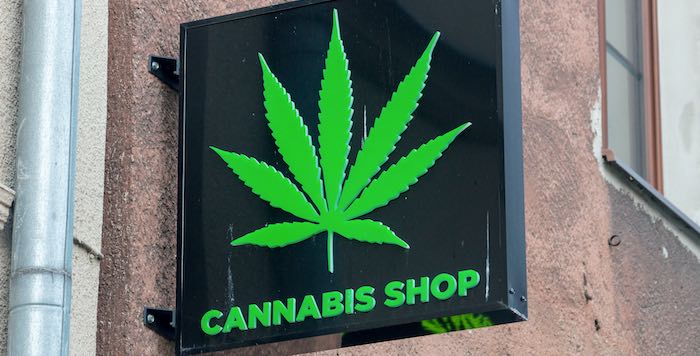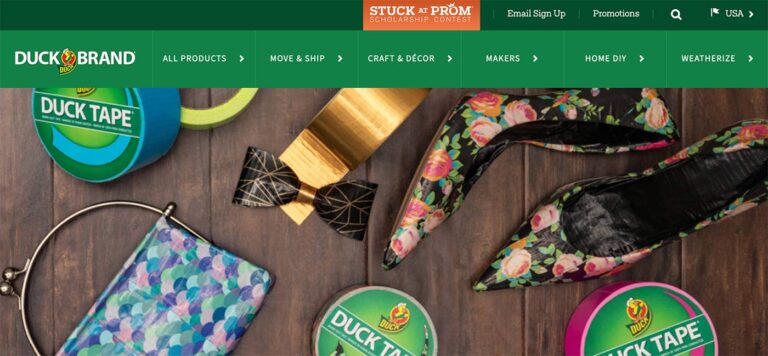How does an industry flourish that is banned by federal law, shunned by the credit card networks (Visa, Mastercard, American Express), and rejected by most banks? How do cannabis retailers accept payments when credit cards and merchant accounts are unavailable?
Credit cards. Some cannabis retailers accept credit card payments. How is this possible? Payment providers will sometimes help by assigning cannabis transactions to legitimate categories. For example, instead of classifying as a cannabis seller, the dishonest provider will call it a flower shop or a farmers market. Other service providers will open merchant accounts with financial institutions in Eastern Europe where law enforcement is lax. In all cases, these gray-area providers charge remarkably high fees — roughly 6% per transaction on top of monthly maintenance charges. Moreover, the merchant accounts often require large reserves. Plus, merchants who mislead payment networks and U.S. banks risk penalties, account closures, and, worst of all, a permanent ban from accepting credit cards.


U.S. law prohibits the sale of cannabis. Thus credit card networks and U.S. banks do not accept those payments. Nonetheless, the industry is booming.
State of Cannabis Payments
I’ll examine those questions and more in this post. I’ll address the workarounds that payment service providers offer to cannabis businesses. Some of these benefit from gray areas in the regulations. Others use clever but risky techniques to conceal rule-breaking from banks and credit card networks.
Cashless ATMs are relatively new to the payments industry. They seem to have been invented for cannabis retailers. Instead of inserting a bank debit card into an ATM, the customer inserts her card into a countertop point-of-sale terminal, which authorizes the card and PIN code, and then allows the customer to make a direct payment to the merchant via an account provided by the cashless ATM provider. Merchant fees for cashless ATM transactions are reasonable. Most vendors provide the equipment and technology for per month, provided the merchant has purchased a physical ATM from that vendor. However, consumer fees are not reasonable at roughly per transaction. Some vendors share those fees with the merchant.
Cryptocurrencies. With exaggerated claims of anonymity and lack of government control, cryptocurrencies are seemingly ideal for cannabis purchases. But cryptocurrencies are primarily speculative investments rather than cash alternatives. Cannabis consumers — like all consumers — are mainly cryptocurrency observers, not investors.
Cannabis businesses in the United States are no longer burgeoning. The industry is thriving with record-breaking sales and with projections for dramatic growth. While some states allow it, federal law classifies cannabis as illegal, thereby prohibiting its possession and use.
Real-time peer-to-peer payments are immediate transfers of funds from a payor to a payee. Cannabis retailers have adopted various forms of real-time payments, mostly to circumvent the prohibition on credit card transactions. The retailer asks the customer to send a real-time bank-to-bank or account-to-account payment. Upon receiving and confirming the real-time payment, the merchant will either ship the products (an ecommerce transaction) or allow the customer to pick up his order. Merchants must be careful, however. Many P2P payment systems — PayPal, Venmo, Zelle, Square Cash App, more — including the financial institutions that maintain the merchant’s account, do not allow their networks to be used for cannabis sales. Retailers can sidestep this issue by concealing the nature of their business, and P2P providers sometimes ignore their own rules, allegedly.
In-store ATMs. Automated teller machines allow customers to withdraw cash for in-store purchases. But ATMs are expensive for both customers and merchants. Customers pay approximately for a single cash withdrawal. Storeowners pay about ,000 per machine plus monthly maintenance and cash-reload fees.
Cash is the primary payment method for cannabis sales. However, accepting cash payments comes with logistical and security challenges. Cash must be counted, stored, transported, and secured. Moreover, cash cannot be accepted online.
Ecommerce?
When cannabis becomes legal in the U.S. federally, all merchants — ecommerce and brick-and-mortar — can expect an explosion of legitimate payment providers. Until then, cash is king.






![[New] Convert Experiments Debugger Chrome Extension](https://research-institute.org/wp-content/uploads/2022/09/new-convert-experiments-debugger-chrome-extension-768x279.png)